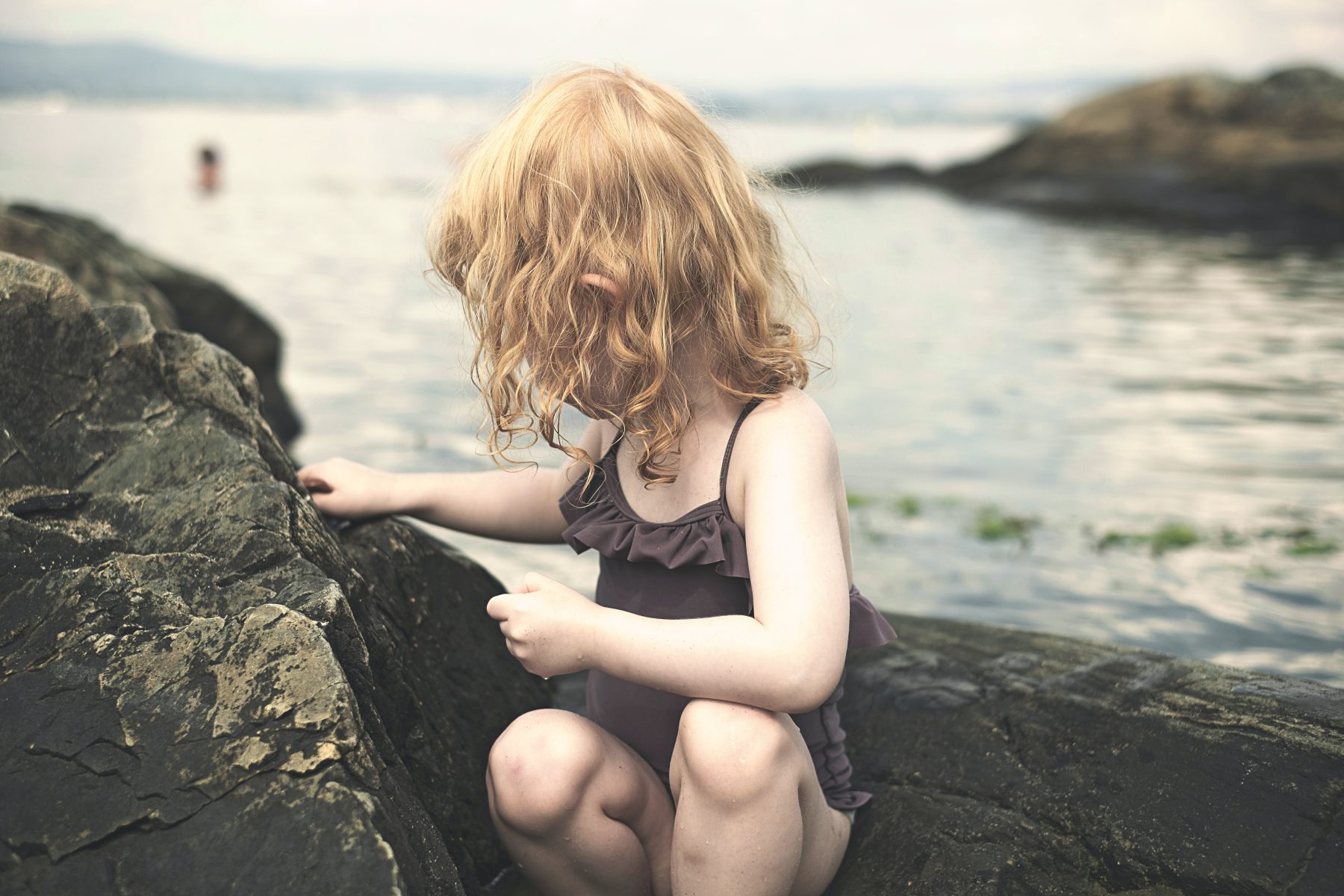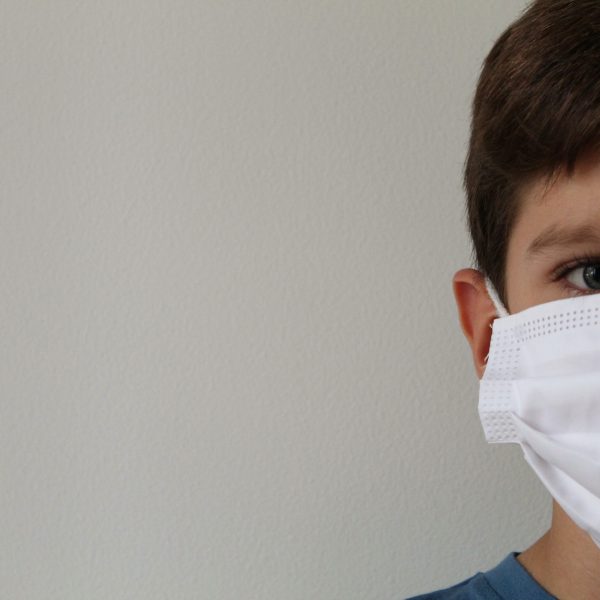Allow the big emotions – advice from UOW expert as lockdowns ease and children return

With COVID-19 lockdown measures easing in some parts of the country, many children are returning to early childhood education and care (ECEC) settings after an extended period of learning from home.
Various research sources have indicated that the pandemic has had a lasting impact on Australian families. One in four parents have reported feeling stressed and overwhelmed, while 12 per cent of children have self-reported “very high levels of mental health difficulties,” including anxiety, depression and attachment seeking behaviours.
“When you think about the impact of trauma, and COVID-19 can be classified as a potential cause of trauma for children, we need to understand that it’s is not only the particular event but our personal experience of it that can be traumatic,” explained Associate Professor Cathrine Neilsen-Hewett, Director of Pedagogical Leadership at Early Start and Academic Director of the Early Years at the University of Wollongong (UOW).
“For some children, the recent lockdown may not have been such a bad experience. Maybe they connected more with their parents who used to work in the office and now stayed at home. But if COVID-19 had resulted in significant disruptions in relationships and home environment, children could have ended up heavily dysregulated,” she added.
All behaviour, the Associate Professor continued, is a window into the inner world of the child. While young children are resilient, developmentally they may lack the brain capacity to self-regulate, which makes them particularly vulnerable to change and uncertainty. This, in turn, impacts their self-regulatory capabilities, resulting in “tantrums, power struggles and general anxiety”.
Tips to support children to self regulate
Associate Professor Neilsen-Hewett offers the following tips to support educators and families to help children to regulate their emotions as they return to the routines of early childhood education and care.
Self-regulate to co-regulate
“One of the powerful techniques is simply learning to stay calm during our kids’ emotional storms. In a way, we’re the pilots, and they are the passengers on this journey,” she began.
“No one can self-regulate when in a heightened emotional state because they are outside the window of functionality.” The primary role of the caring adult is to figure out children’s patterns – why and when they may become dysregulated – and find what works to bring them back to balance. Is it physical output like exercise? Is it an emotional connection? Or is it giving them space?
Flex their self-regulation muscle
One of the underpinnings of self-regulation is the human ability to problem-solve. Caring adults play an important role in helping children to build these coping mechanisms.
Giving children a sense of agency by offering simple choices for safe decisions can help them to feel a sense of control over their lives.
Choices like what to eat, wear, or play give children opportunities to develop and practice skills that are important for self-regulation.
Simplify your life and be present
As children return to routines, some things which they previously enjoyed may seem overwhelming. While everyone is keen to get back to normal, jumping back into a fast pace of events, classes and socialising could quickly become too much for some children.
Keeping some elements of life consistent, such as a regular daily walk, or regular bath time, can help children to manage big feelings.
Just breathe
Breathing is one of the simplest and most powerful relaxation techniques. It fosters connection while calming the body and mind. Younger children can practise the 3/5 breathing method. It means breathing in for the count of 3 and breathing out for 5. “The longer out-breath triggers the parasympathetic response, which calms the body,” Professor Neilsen-Hewett explained.
Allow the big emotions
Depending on the child’s age, they may feel angry, sad, anxious, or confused about the change. There may be relapses: going back to nappies, crying more, experiencing anxiety or insomnia.
Instead of “rescuing” the child every time they have a meltdown, acknowledge that they’re suffering. “I see that you’re sad about this change” can be a powerful sign that they’re seen and heard.
For more information on supporting children with the challenges of the pandemic, please see here for the Emerging Minds toolkit created to guide caring adults during the challenges of COVID-19.
Popular

Quality
Practice
Provider
Research
Workforce
Honouring the quiet magic of early childhood
2025-07-11 09:15:00
by Fiona Alston

Quality
Practice
Provider
Workforce
Reclaiming Joy: Why connection, curiosity and care still matter in early childhood education
2025-07-09 10:00:07
by Fiona Alston

Workforce
Policy
Quality
Practice
Provider
Research
ECEC must change now, our children can’t wait for another inquiry
2025-07-02 07:47:14
by Fiona Alston













